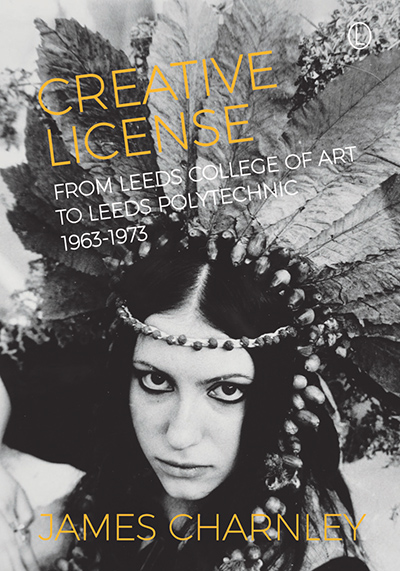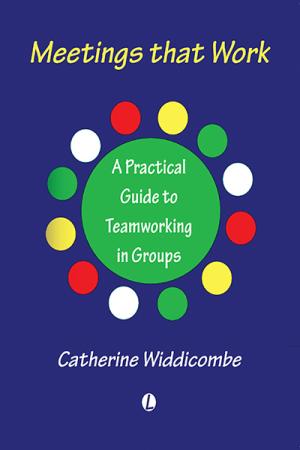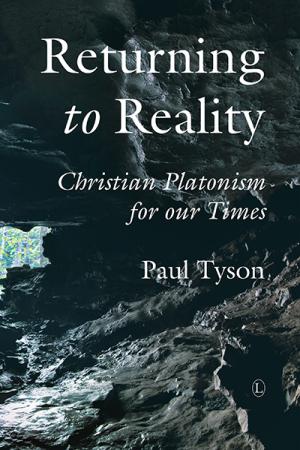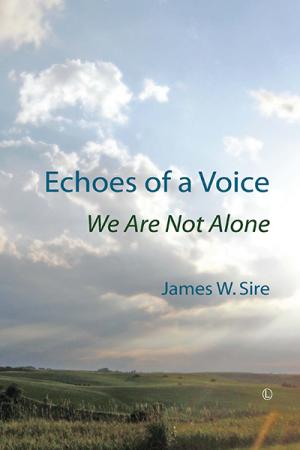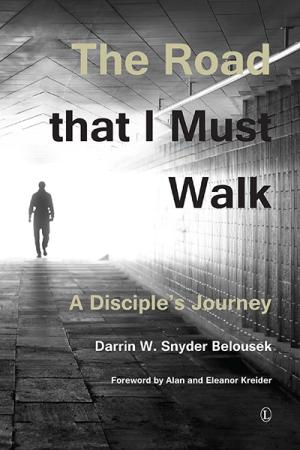Description
“On the road up to the University, the gleaming new purpose-built Leeds Polytechnic awaited the arrival of the students and staff of the art college. All the latest facilities were in place. The only thing missing was any concept of what to expect.”
Creative License describes what happened next and the continuum leading up to this moment. In this ground-breaking study, James Charnley reveals the personalities and events that ignited an explosion of radical creativity such that a contemporary observer, Patrick Heron, could describe Leeds College of Art as “an unprecedented inventive powerhouse on the national scene”. Between 1963 and 1973, Leeds College of Art and Leeds Polytechnic were at the forefront of an experiment in art and education where “all that was forbidden was to be dull”. With Jeff Nuttall, Robin Page, George Brecht, Patrick Hughes and John Fox on the staff, students pushed the freedom and facilities offered further than anything before or since.
Creative License captures the rebellious trajectory of the 1960s, the emergence of the counter-culture, dissent and later disillusionment. This is a case study of an era when art colleges were well funded and well free and, at Leeds, had a mission to progress the avant-garde project to the next level. Perhaps only now can the consequences of this experiment be assessed and its achievements recognised, and James Charnley sets out to do just that.
About the Author
James Charnley studied Fine Art and Art History at Chelsea School of Art, Leeds Polytechnic and Manchester Metropolitan University. Much of his life has been spent working in film and television, most notably for the BBC and Granada Television. More recently he has concentrated on painting and writing, pursuits enabled by his professional joinery work.
Contents
List of Illustrations
Acknowledgements
Foreword
Introduction
Part 1: Leeds College of Art Rising
1. A State of Flux
2. The Ascent of the ‘Avant-Garde’
3. Excavating the Academy
Part 2: Pirates of the Polytechnic
4. Into the Hangar
5. More Circus Than Studio
6. Some Students Observed
7. Some Tutors Considered
Part 3: The Author, the ICA and After
8. Delinquent Days
9. Playing Away at the ICA
10. The Final Art Show
11. Conclusion
Appendix A
Appendix B
Endnotes
Bibliography
Index
Endorsements and Reviews
This moving book documents a personal journey through the culture of art schools in the 1960s, and shows why they were so important to Britain. It’s also an evocative commemoration of a time of extraordinary social and artistic creativity, a time when it seemed that anything was possible – and it turned out that some of it was.
Brian Eno, Musician
Creative License is an important book for anyone interested in British art education. It is not of purely historical interest but also pertinent to understanding the current state of art in Britain. The radical experimentation in art pedagogy that took place at Leeds from 1956 through to the 1970s and the innovatory cultural producers who span out from it underpin the twenty-first century vision of Britain as a creative world centre, such as that promoted during the Olympic Games ceremonies of 2012. It is a must-read for any student of art wishing to understand their place in history.
Professor John Hyatt, Director of the Manchester Institute for Research and Innovation in Art and Design
The book is far more than a narrow history of a period in the development of a regional art college. The text illuminates a world that is far removed and unrecognisable from any phase of education today. James Charnley writes in a clear style that avoids jargon and any attempt to over-theorise or confuse the reader with esoteric language.
Ted Kennedy, in National Society for Education in Art and Design e-Bulletin, 29 April 2015

